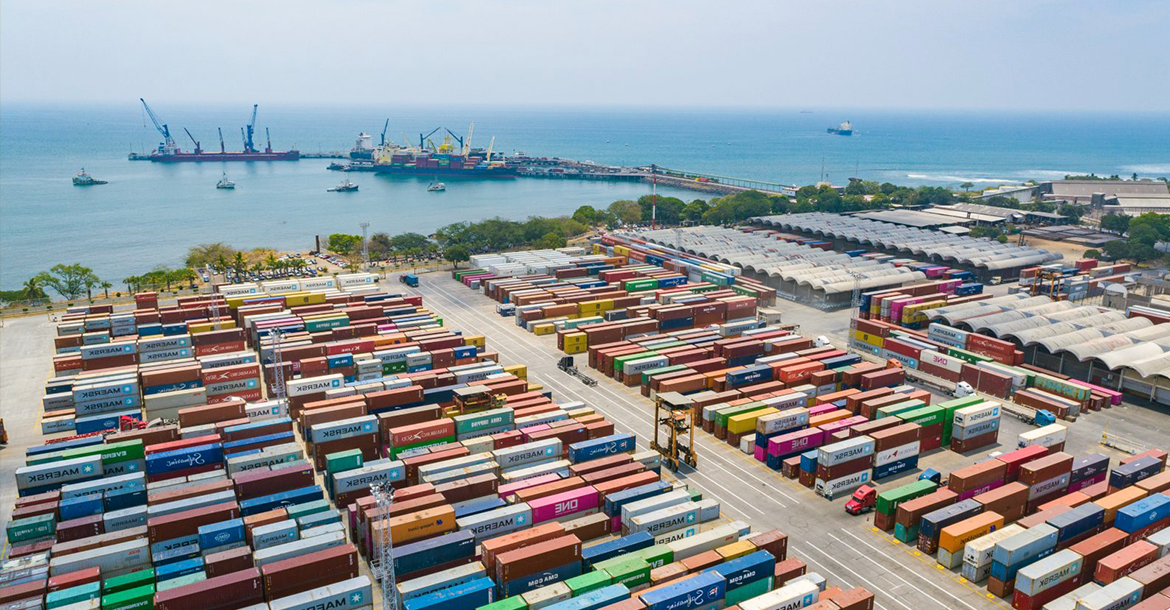
El Salvador’s main imported goods
El Salvador’s economy, like that of many developing countries, relies significantly on imports to meet its population’s diverse needs. The country imports a variety of goods essential for its industrial, agricultural, and consumer markets, with the primary imports being machinery, electrical equipment, mineral fuels, chemicals, transportation equipment, and consumer goods. These goods are sourced from key trading partners such as the United States, China, and Mexico.
1. Machinery and Mechanical Appliances
El Salvador’s largest import category includes machinery and mechanical appliances, which account for a substantial portion of its total imports. These goods are crucial for the country’s manufacturing and service industries, as they encompass industrial machinery, HVAC systems, computers, and other equipment necessary for production and infrastructure development. Given El Salvador’s emphasis on developing its manufacturing base, machinery imports are indispensable to its long-term economic growth.
2. Electrical Equipment and Electronics
Electrical machinery, equipment, and electronics constitute another major import category. This includes items like telecommunication equipment, computers, consumer electronics, and household appliances. The growing demand for technology and communication devices is tied to a trend of modernization and digital transformation within the country. The rise in imports of electrical products also reflects the shift towards more technology-oriented economic activities.
3. Mineral Fuels and Petroleum Products
As a country without significant oil reserves, El Salvador heavily relies on imported petroleum and refined products to meet its energy needs. This includes gasoline, diesel, and other fuels essential for transportation, electricity generation, and industrial operations. With increased urbanization and vehicle ownership, fuel imports are critical for both public and private sectors. Additionally, global oil prices influence El Salvador’s economic stability, as fuel imports are sensitive to price fluctuations.
4. Chemicals and Pharmaceuticals
Chemicals, including fertilizers, pesticides, and industrial chemicals, are essential imports for El Salvador’s agricultural and industrial sectors. The agricultural industry relies on these products to boost crop yields and protect against pests. Pharmaceuticals, particularly prescription drugs, are also significant in this category, as the country’s healthcare sector depends on imported medicines to treat various health issues. The reliance on imported pharmaceuticals is vital for public health services and private healthcare providers alike.
5. Transportation Equipment
Another notable category is transportation equipment, including motor vehicles, trucks, buses, and parts. As public and private transportation systems expand, so does the need for imported vehicles. Personal vehicle ownership is rising in El Salvador, creating a high demand for imports of cars and automotive parts. This trend also extends to commercial transportation, as trucks and buses are essential for logistics and public transit within the country.
6. Consumer Goods
El Salvador imports a variety of consumer goods to meet local demand, especially for items not produced domestically. These include clothing, footwear, cosmetics, electronics, household products, and packaged foods. The demand for consumer goods reflects the country’s consumption patterns and growing middle class. Imported products often offer a variety and quality that may not be locally available, which supports the retail sector and enhances consumer choice.
7. Agricultural Products and Foodstuffs
Though El Salvador has a strong agricultural sector, it still imports specific agricultural products and food items to meet domestic demand. This includes staples like rice, corn, wheat, and processed foods, as well as luxury items such as wine, spirits, and specialty foods. Imports are essential to supplement local production and stabilize food supply, particularly in periods of adverse weather conditions affecting domestic harvests.
8. Textiles and Apparel
El Salvador is also known for its textile and apparel industry, which requires imports of raw materials like synthetic fibers, yarn, and cotton. These imports support the country’s textile manufacturing sector, a significant contributor to employment and exports. By importing raw materials, El Salvador can produce textiles and clothing that are later exported to international markets, particularly the United States, under favorable trade agreements.
In summary, El Salvador’s main imports encompass essential goods across various sectors, from machinery and electronics to fuel, chemicals, and food. These imports not only support domestic production and consumption but also enhance the country’s ability to participate in global trade networks. However, the country’s heavy reliance on imports, especially for energy and technology, makes it vulnerable to global market fluctuations and price volatility.




Leave a Reply